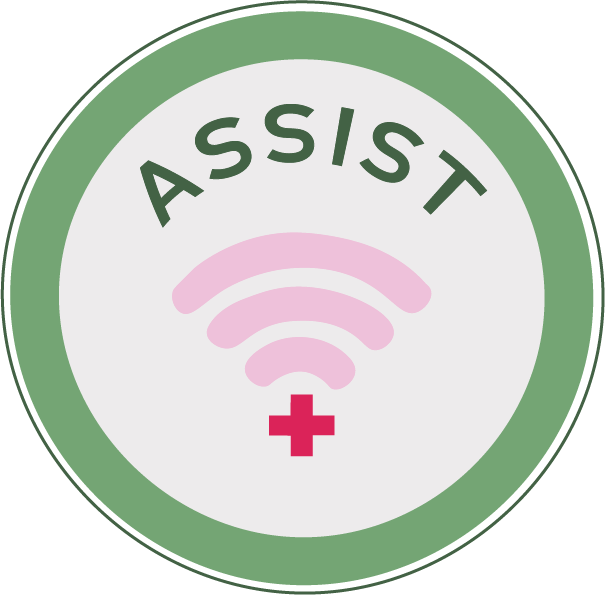Welcome to ASSIST

ASSIST aims to
- assess the impact of online postal self-sampling (OPSS) services for STIs and HIV on health inequalities, access to care, clinical and economic outcomes;
- identify the factors that influence the implementation and sustainability of OPSS services.
ASSIST is a 45-month study which will address these aims.
The study is led by Prof Fiona Burns and Dr Jo Gibbs from Institute for Global Health, University College London.

This study is funded by the National Institute for Health and Care Research (NIHR) under its Health and Social Care Delivery Research Programme (Reference Number: NIHR129157).
Sexual health is important for building a healthy society, with young people, those living in more deprived areas, gay, bisexual and other men who have sex with men, those who identify as gender diverse and those from ethnic minorities being more affected by poor sexual health. Many STIs are rising, yet funding for services has reduced, and care itself can be expensive – especially at the point of late diagnosis.
As a result, services are challenged to find new ways to deliver care, including online postal self-sampling (OPSS), whereby people order a kit online, take their own sample at home and post it to a lab to be tested. The hope is that these online services are cost effective while increasing access to testing, particularly among groups most at risk. If so, this would have the added benefit of reducing existing health inequalities, reducing stigma and helping focus resources more effectively.
This research aims to:
Determine if OPSS services improve access to sexual health care and benefit those most in need;
Discover how people who use and provide these services feel about them;
Examine the economic impact of introducing them;
Determine the overall societal benefit, or otherwise, of this approach to sexual health care;
Benefit service commissioners and providers who deliver sexual health through greater understanding of this model of care;
Contribute to the development of national quality measures and standards of care for online sexual health services;
Provide useful transferable learning to other conditions and aspects of public health care.
We are focusing on three areas (London, Birmingham and Sheffield) with the aim of capturing an inclusive sample of our population. We will look at key documents (relating to planning and providing OPSS), interview service users and staff, and consider national, clinic and online service data. Alongside this, we will undertake an economic evaluation. Analysing all this information together will enable us to understand the benefits and challenges of online postal self-sampling, and the work required for implementing, integrating and embedding online postal self-sampling services into routine practice.
Follow us on Twitter @ASSIST_OPSS for all study updates and to hear about our upcoming outputs and events.
